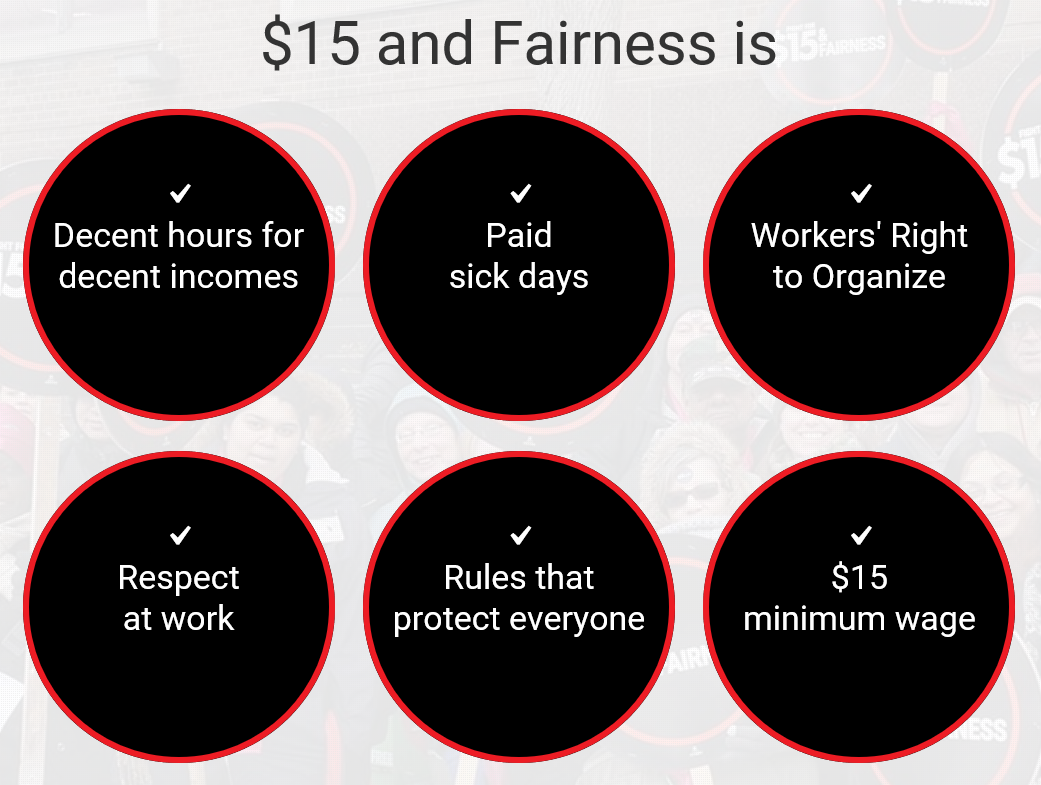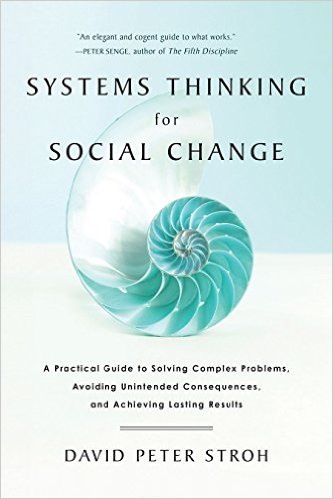After the Ecstasy, The Laundry
I recently attended an extraordinary conference hosted by the Tamarack Institute. I met wonderful, warm and interesting people, the workshops I gave were well-received, and to top it off, my mother came to see me present and she was very proud of me. Really: I couldn’t imagine a better work week.
Read More






